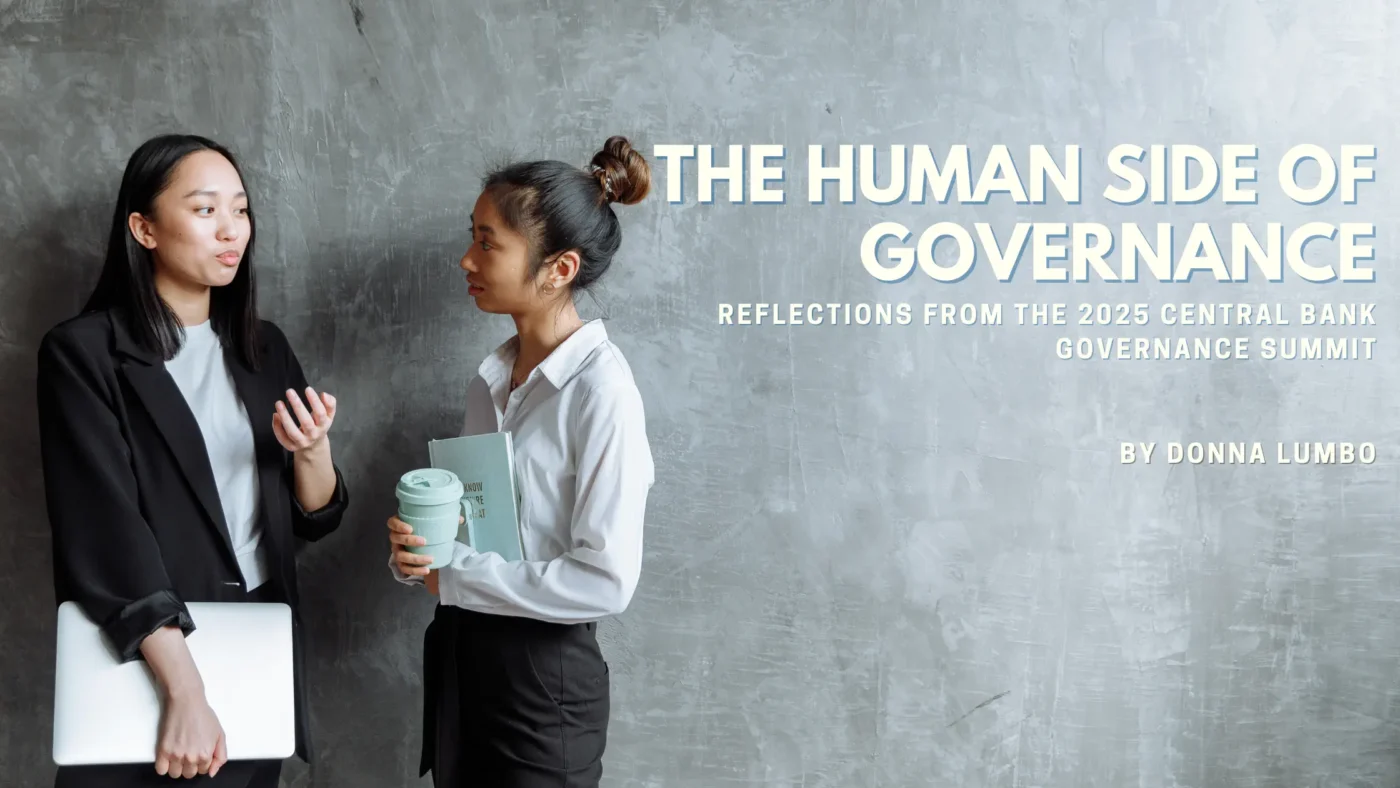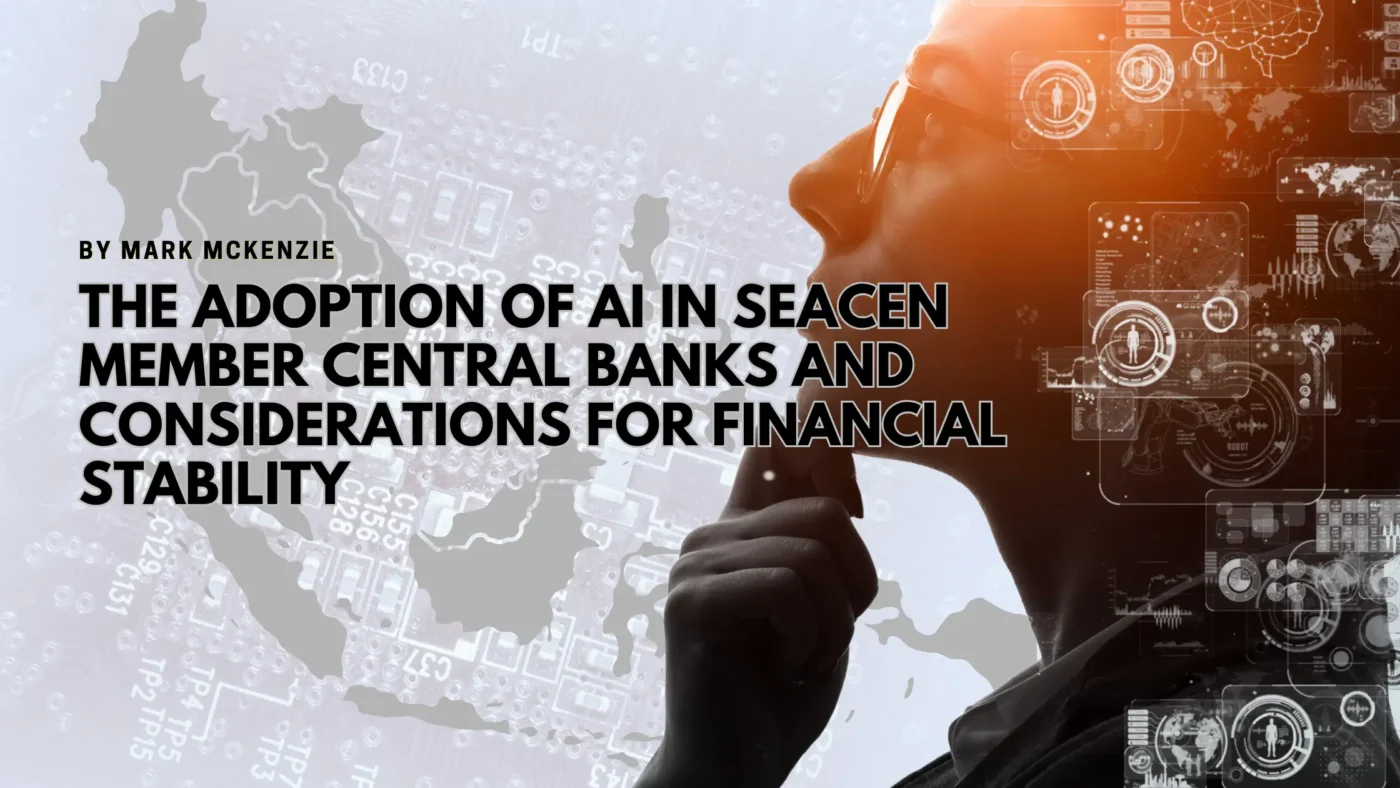Reflections on Leadership Strengths, Signals and the SEACEN Leadership Competency Framework “If your actions inspire others to dream more, learn more, do more, and become more, you are a leader ” – John Quincy Adams This quote aligns with Liz Wiseman’s views around Multiplier leaders.[1] Multiplier leaders are those who use their intelligence to amplify […]
Background The financial system has undergone a significant transformation in recent years, driven by rapid advancements in cloud computing, artificial intelligence (AI), and other emerging technologies for payments. These have had a profound impact on how banks do business, people interact with banks, and customers make payments for goods and services. Advancements in digital technology […]
1. Introduction: Why Fiscal Multipliers Matter for Central Banks? As of September 2025, global public debt soared to $251 trillion, roughly 235% of world GDP (IMF, 2025). Across Asia, governments are under pressure to tighten their budgets to ensure debt sustainability. However, for central banks charged with safeguarding economic and price stability, how those fiscal […]
1. Introduction The digitalization, the rise of crypto-assets and the advancement of technologies, such as distributed ledger technologies, have fuelled an unprecedented wave of innovations in payments and spurred many Central Bank Digital Currencies (CBDCs) projects over the past decade[1]. Central banks worldwide have been actively exploring solutions to preserve financial stability and safeguard monetary […]
How can central banks strengthen governance not only through systems and policies but through the people who make them work? This question was tackled by senior leaders of Human Capital, Legal, Risk and Strategic Planning functions at the 2025 Governance Summit, aptly themed: “Harmonizing the People Agenda with Central Bank Governance”. This Summit, organized by […]
The purpose of this blog is to explore the adoption of AI in SEACEN’s member central banks (MCBs) and explore the risks to financial stability, and how central banks and regulators should respond.
Author’s note: This blog is based on a published article: CHADWICK, M., CHERRY, R. and GALIMBERTI, J.K. (2025), Nonresponse Bias in Household Inflation Expectations Surveys. Journal of Money, Credit and Banking. https://doi.org/10.1111/jmcb.70002 The views expressed in this paper are those of the authors and do not necessarily represent the views of their corresponding institutional affiliations. […]
The financial inclusion journey involves many legs: empowering citizens with a digital identity to open bank accounts; building a digital public infrastructure to facilitate low-cost interoperable payment services; and creating a technology platform to facilitate efficient delivery of frictionless credit. This blog takes readers through this journey in India.
Introduction Every investment activity whether “brown” or “green” requires funding. Such funding is typically obtained through bank loans or by issuing securities in the capital markets. The interest and principal amounts borrowed are repaid using the cash flows generated by the investment activities. But when these cash flows are insufficient to meet repayment obligations on […]










